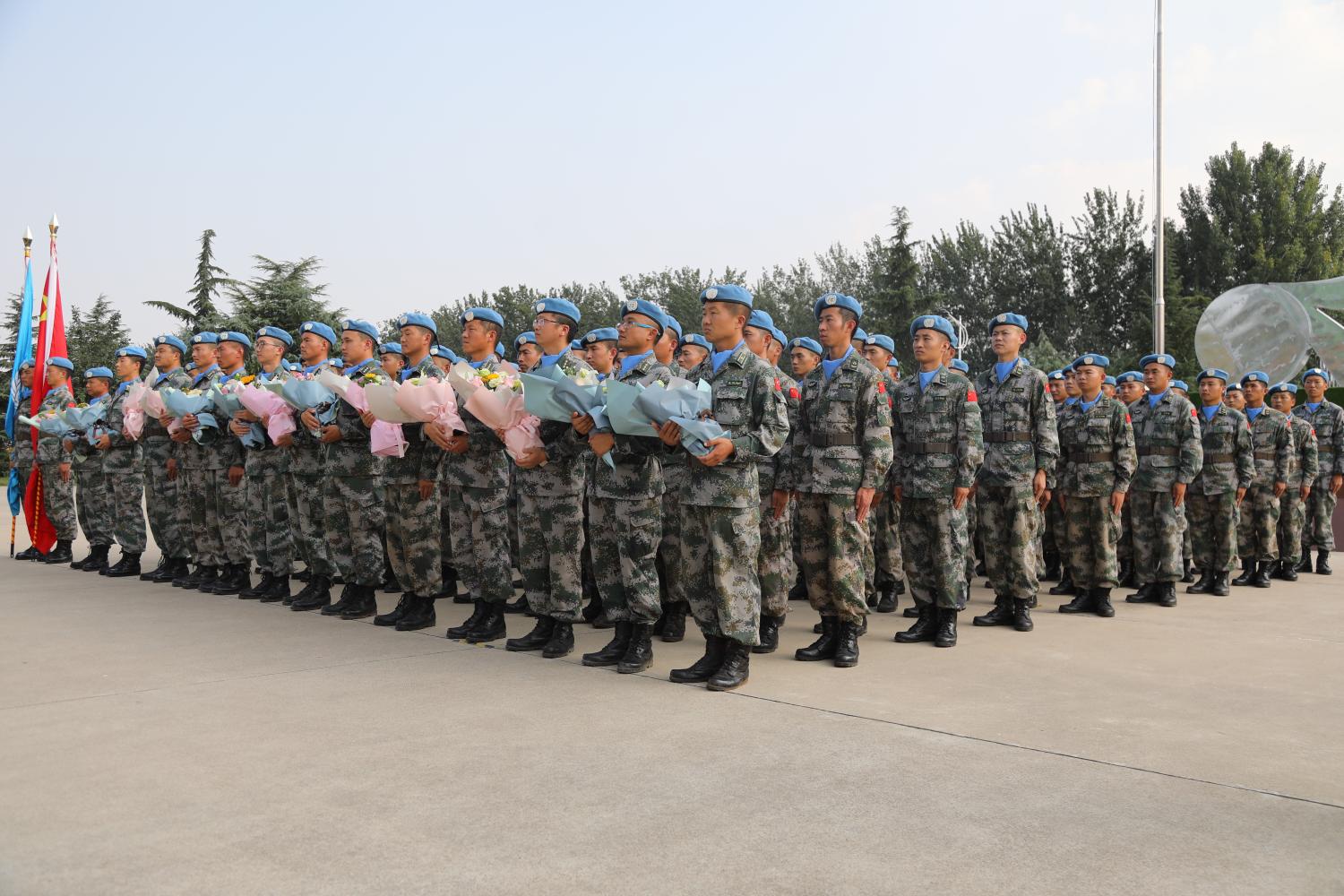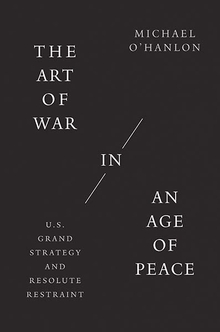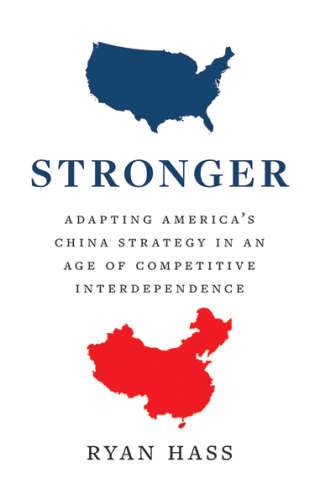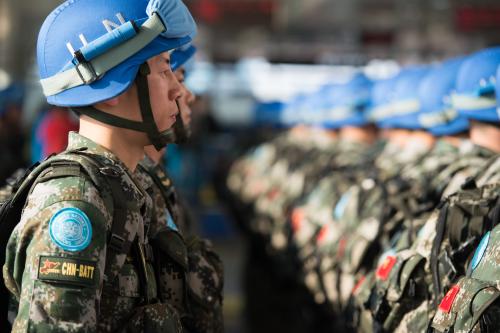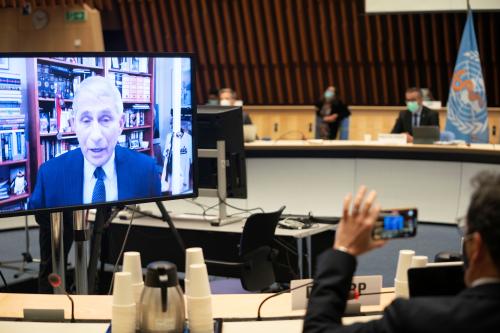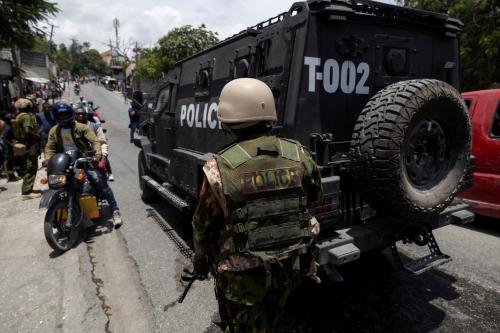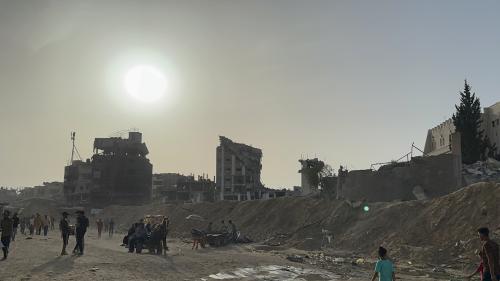Executive Summary
During the Cold War, the conflicts of the “Third World” were viewed by the superpowers as a terrain for competition, often in the form of proxy wars that turned those countries into some of the great killing fields of modern history. Then, for the two decades that followed the fall of the Berlin Wall, wars in every region in the world declined, by every measure. Notwithstanding the current focus on the failures of U.S.-led wars in the wider Middle East, this decline in levels of war was in large part due to successful efforts at peacebuilding, led by the Western nations. Now, that progress is at risk. The West faces stiff competition for influence in development policy in general, and in fragile states specifically. Competing investments from foreign interests in fragile states can undermine countries’ long term economic and financial sustainability, while ill-conceived security support arrangements can weaken the governance of the security and justice sector in these countries. All while mounting tensions at the United Nations Security Council and other global and regional institutions reduce or impede the international community’s ability to prevent the escalations of conflict and support accountability.
There’s long been competition at the regional level in fragile states, but as fragility has spread across the Middle East, that dynamic has brought in more influential, more capable regional actors — like Turkey, Saudi Arabia, Iran, and the United Arab Emirates. What’s more, Russia and China have increased their engagement both at the global policy level and in specific fragile states. These countries, and the West, all adopt different strategies and approaches based on their capabilities and strategic economic and security interests — often, in deep contradiction with one another. The core of Russia’s strategy in these cases is disruption; China has a more elaborate strategy that defined by longer-term economic and security interests. It is vital for China to open market and investments opportunities while building up its security in the Pacific, and to ensure secure trading routes. Beijing puts considerable resources behind its strategy, as the very ambitious Belt and Road Initiative illustrates. Countries like Turkey, Iran, and Saudi Arabia have more regional ambitions that are connected to their own security, ideological views, and economic opportunism. In the Indo-Pacific, Japan, Australia, and increasingly India are also playing an active role in fragile states, in part to try to fence off China’s ambitions.
This dynamic creates a huge risk for fragile states, as they become an arena for geopolitical competition. Many of the careful and progressive approaches to peace building and improvement of governance and accountability that the West has elaborated over the last two decades are very much put into question by this situation. The relatively weak commitment of the West for implementing fragility-specific approaches is also part of the problem. Western nations need to rapidly mobilize to address these risks that could easily increase fragility and create more conflicts. They should put concerted pressure within multilateral institutions for the “new” powers to improve the quality and accountability of their interventions. And the West should improve its own coordination and effectiveness, and back strong multilateral partnerships — with the involvement of regional powers where they are willing to collaborate. The alternative is to be pulled back into full-blown proxy wars, at great human cost.
This report is being released after the swift fall of Afghanistan to the Taliban in August marked an inglorious end to 20 years of American presence in that country. Events there may feel like a metaphor for a wider phenomenon of shifting Western attention away from fragile states; they should also serve as a cautionary tale.
The Brookings Institution is committed to quality, independence, and impact.
We are supported by a diverse array of funders. In line with our values and policies, each Brookings publication represents the sole views of its author(s).


